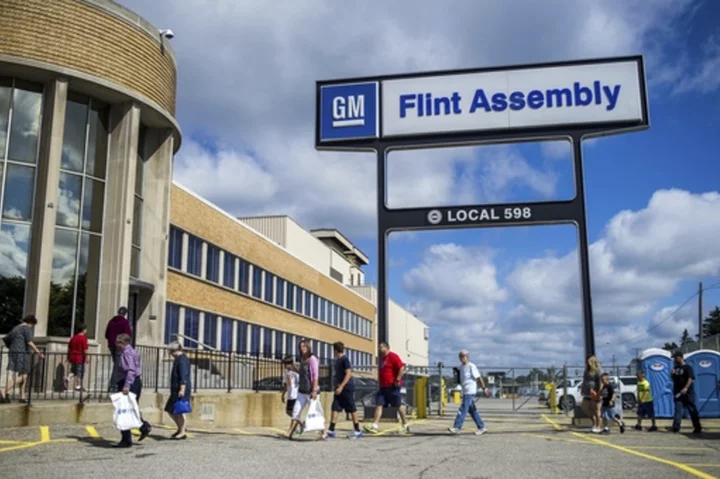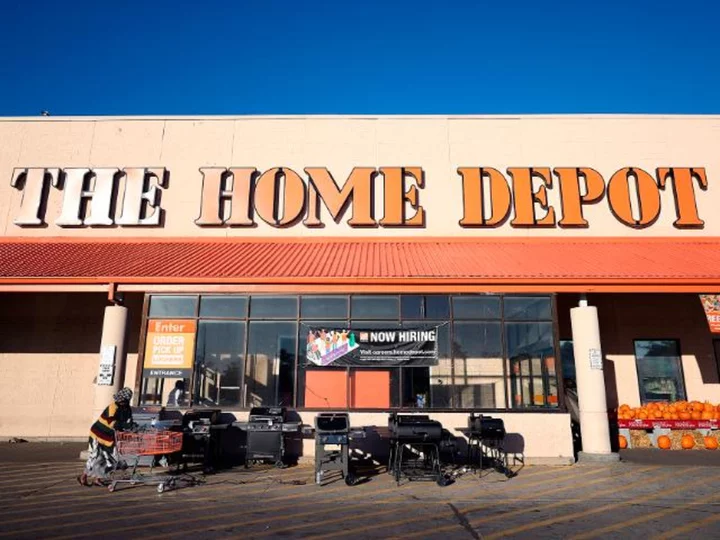As inflation continues to strain family budgets, forcing people to prioritize purchasing daily necessities over discretionary buys, one maker of popular footwear is lowering prices on its products to provide some relief to weary consumers.
Portland, Oregon-based Keen, which makes walking shoes, boots and water sandals for toddlers to adults in addition to work boots, is moving in the opposite direction of most of its industry, It's lowering prices as many of its customers start cutting out their shoe budget.
According to a survey in January by market research firm Circana (formerly IRI and The NPD Group), 56% of consumers (up from 52% in July 2022) said they had delayed or skipped a footwear purchase or chosen a less expensive option in the past six months due to price increases on either footwear or other goods.
Circana also noted that households with kids are pulling back on footwear spending more so than those without, as parents are forgoing footwear purchases for themselves.
"Families are obviously feeling the pressure from inflation," Beth Goldstein, footwear and accessories analyst at Circana, said in the report. "Without the government assistance that many households with children had previously received, they are now prioritizing their kids' footwear replacement needs over their own."
The company said it's started reducing prices across its portfolio of products, which range from $36 for kids shoes to about $250 for adult shoes.
"On average, we are bringing prices down by 5% across the board," John Evons, president of Ken said Friday in an interview with CNN. The company announced the move on its website on Thursday.
"We believe we are doing the right thing to help people in this inflationary environment. We want people to continue to enjoy the outdoors and be able to go to work with safe shoes," he said.
Keen, which employs around 350 people in the US, makes its footwear in Portland and in factories in the Dominican Republic and Thailand. While Evons declined to disclose the company's annual sales, he said the business sells millions of pairs of shoes annually in the US and globally.
But being a vertically-integrated business is what has allowed Keen to lower prices, he said. Keen owns 40% of its supply chain, from raw material sourcing to manufacturing plants to distribution centers.
"This helped us as we went into 2020 and faced supply chain challenges, mounting freight costs and disruptions because of the pandemic," said Evons. "We were able to respond quickly to the evolving marketplace in 2021 and 2022."
As supply chain and shipping costs have eased post-pandemic, Evons said the company wanted to also pass on some savings to its customers.
"We expect to stand behind this for the foreseeable future," Evons said.
Given these trends, Goldstein said Keen's move is noteworthy.
"Most brands are reacting to consumers pulling back by offering increased promotions and not bringing the original product price down," she said to CNN. "This is unique, and it will be interesting to see if other companies follow suit."









